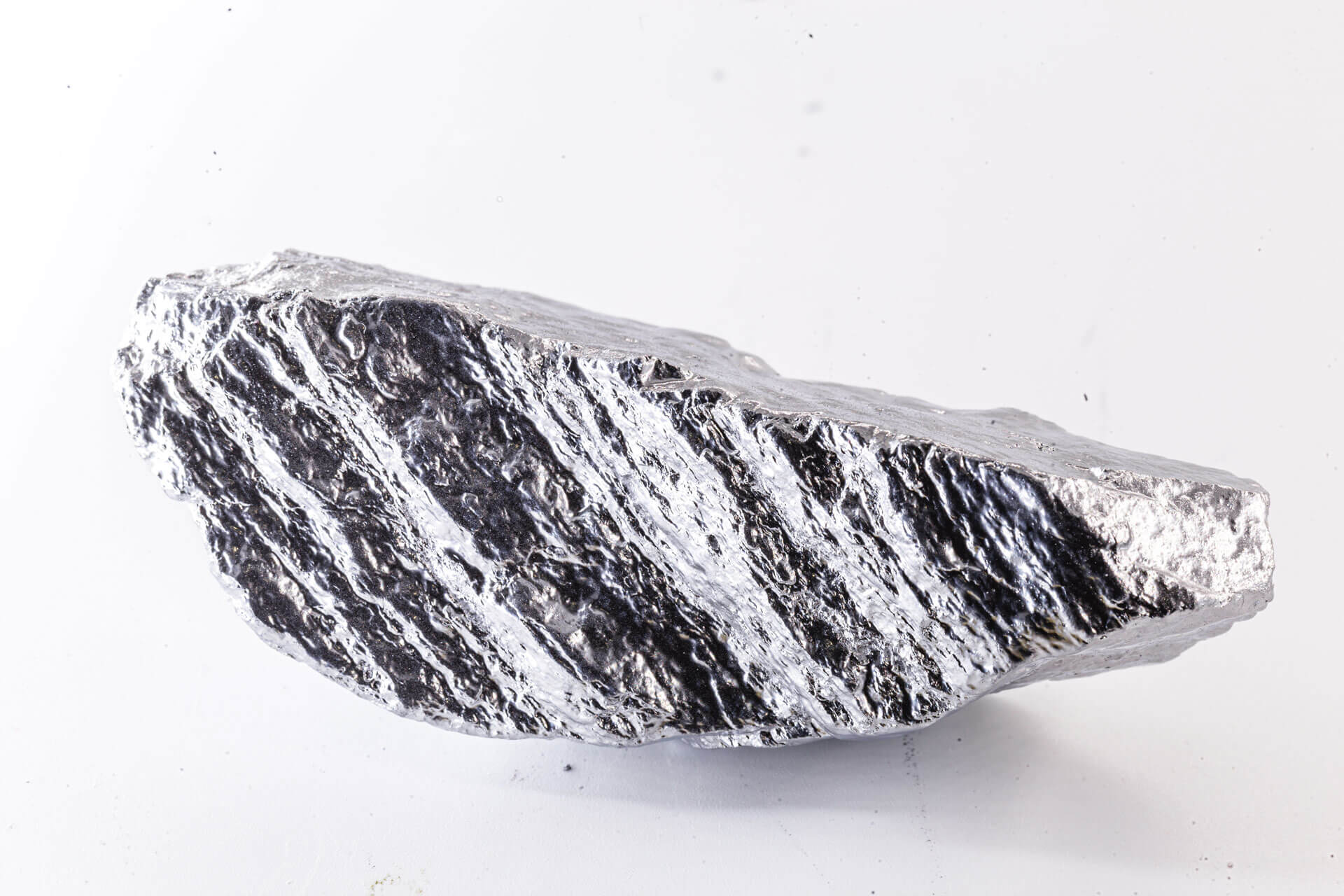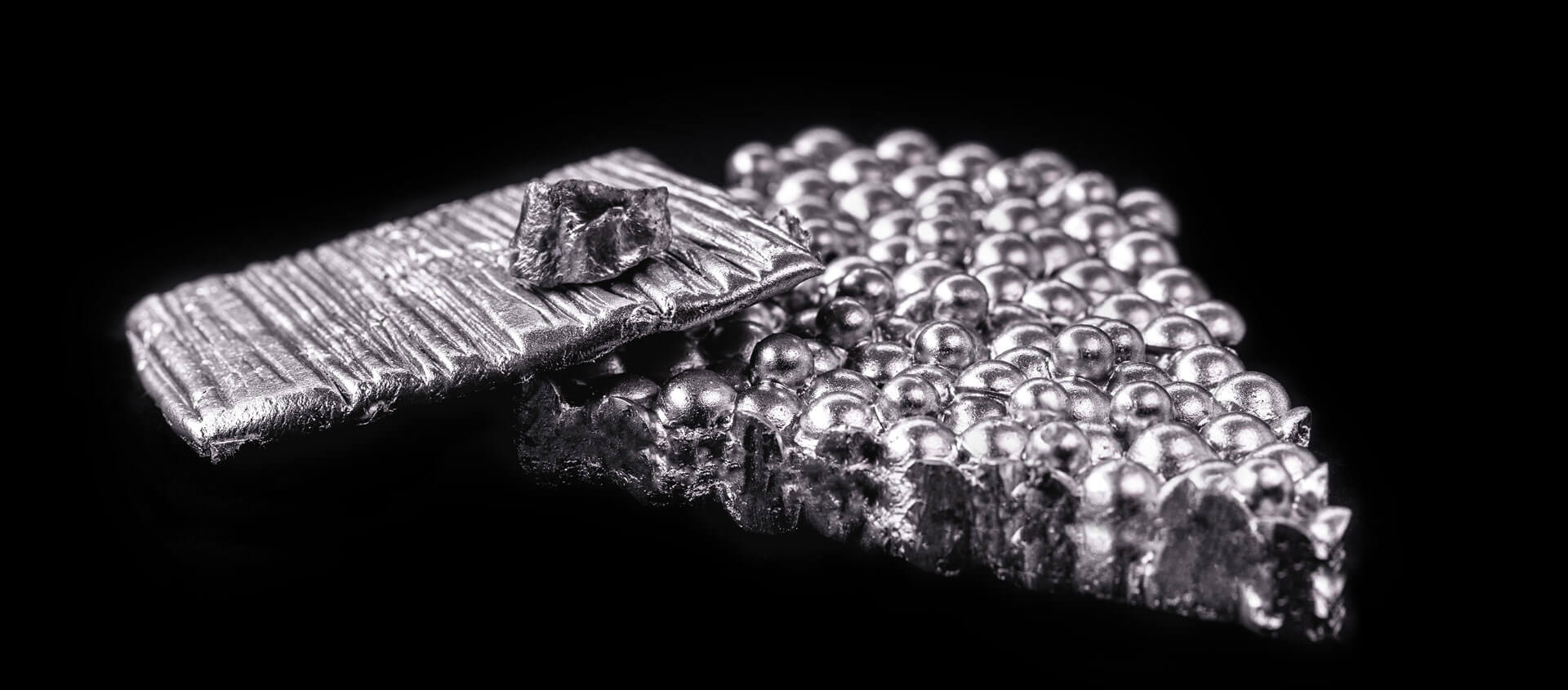In 2024, the global cobalt market undergoes a significant transformation under the impact of DRC's export ban policy. Wang Cong, General Manager of SMM Research, delivered an in-depth analysis on the dynamics of China's cobalt industry chain, the global resource competition landscape, and demand trends at the recent Global Cobalt Forum hosted by the Cobalt Institute in Singapore. The key points are as follows:
I. Chinese Market Post-Ban: Short-Term Price Surge and Supply-Demand Resilience Coexist
Significant Synergy Between Prices and Capacity: The DRC export ban triggered a rapid rise in cobalt prices, but the domestic industry chain, cushioned by ample inventory, did not experience large-scale supply deficits. As prices rebounded, domestic cobalt salt companies quickly ramped up production, with output increasing MoM.
Elasticity in Recycling Sector Evident: The proportion of recycled materials in China's cobalt sulphate production surged from 10% to 16% within two months, reflecting the rapid response capability of price-sensitive capacity. If policies for importing lithium battery black mass further loosen, the usage ratio of recycled resources will increase even more.
II. Reconfiguration of Resource Competition Landscape: DRC's Dominant Position Faces Dual Challenges
Rise of Nickel-Cobalt Resources in Indonesia
With the expansion of hydrometallurgy projects (HPAL) based on laterite nickel ore, the supply of nickel-cobalt intermediate products from Indonesia continues to grow, expected to contribute over 35% of the global cobalt resource increment in 2024, becoming the strongest emerging supplier.
China's Recycling Industry Poised for Growth The global theoretical cobalt recycling volume has reached 66,000 mt (metal content) per year (China accounts for 62%), but actual operating rates remain below 30% due to losses. If the price center continues to rise and receives stronger policy support, the recycling sector may unlock unexpected growth potential.
Key Data: In 2024, DRC still holds 75% of the global primary cobalt resource supply, but Indonesian and Chinese recycling resources are challenging its monopoly through a dual-driven model of "cost + policy."
III. Policy Motivations and Strategic Recommendations: How Can DRC Avoid the "Resource Curse"?
Analysis of the Ban's Essence: The short-term policy aims to boost fiscal revenue by controlling resource volumes and pushing up prices, but long-term vigilance is needed against the trap of a resource-dependent economy.
Learning from Indonesia's Experience: By following Indonesia's 2014 policy path to attract capacity construction, DRC could potentially attract foreign capital for local factory establishment, building an integrated "resource-processing-export" industry chain, thereby enhancing government tax revenues, employment rates, and resource value-added. It could also consider increasing imports of Philippine nickel ore to add product value and extend resource lifespan.
IV. Demand Outlook: Structural Surplus and Regional Mismatch CoexistOverall growth slows down: The growth in demand for 3C consumer electronics is constrained, and the penetration of high-nickel and low-cobalt technology in the power sector accelerates, narrowing the marginal growth in global cobalt demand to below 5%.
SMM Key Conclusions
Deepening of price-sensitive supply landscape: The capacity flexibility of nickel-cobalt resources in Indonesia and the recycling sector in China will continue to squeeze the market share of the DRC.
Accelerated value transfer in the industry chain: Policy negotiations in resource-rich countries drive the rebalancing of smelting and processing locations, with enterprises possessing synergistic advantages in technology, cost, and policy set to lead the new round of competition, promoting long-term healthy development that increases domestic employment and tax revenue.
Strategic opportunities for China: Strengthen policy support for renewable resources, deepen cooperation with emerging resource-rich countries such as Indonesia, and build a dual-track supply chain of "primary + recycling".



